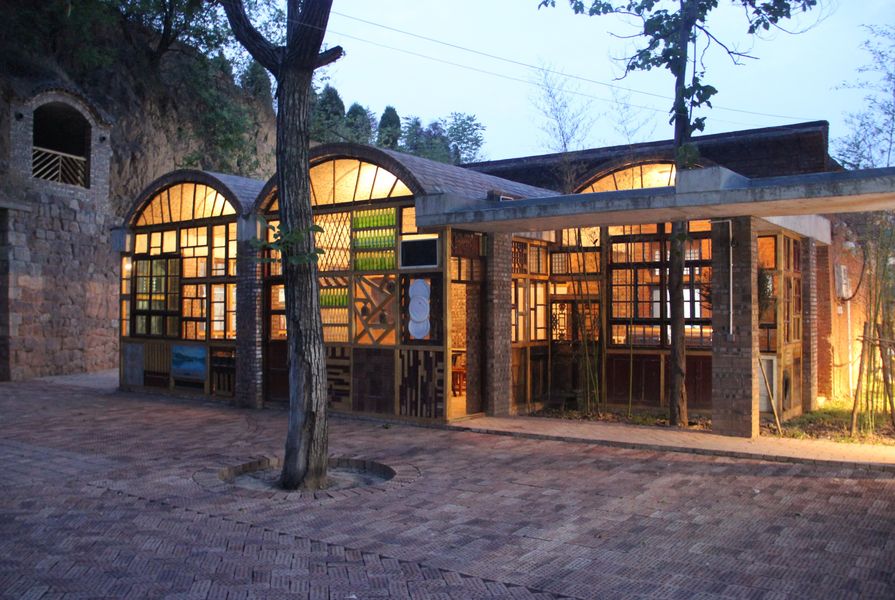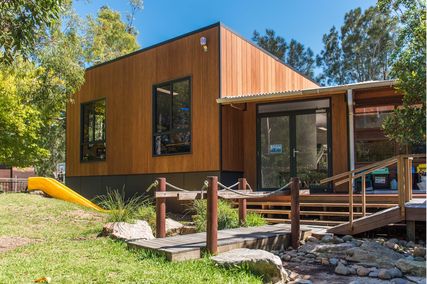Australian architecture practices can now enter their projects into an international awards program presented by the International Union of Architects (UIA), in collaboration with UN-Habitat.
The UIA 2030 Award is a biennial award now in its second cycle. The program was established to celebrate projects that align with the United Nations 2030 Agenda for Sustainable Development. It invites architects worldwide to submit built projects that demonstrate exceptional design quality and have made weighty contributions toward achieving Sustainable Development Goals (SDGs).
The first cycle of the award, held in 2022, received in 125 project entries from 40 countries.
The 2024 program will run across two stages. Stage one submissions will be assessed by the region in which they are located including Western Europe; Central and Eastern Europe and the Middle East; The Americas; Asia and Oceania, and Africa. Between one and three regional finalists in each award category will proceed to stage two. A medal will be presented to the overall winners of each category upon completion of stage two.
The six awards categories are:
1. Good Health and Wellbeing: projects that have contributed to the promotion of health and wellbeing, in line with the principles that underpin target 3.3 of SDG 3.
2. Adequate, safe and affordable housing: projects that have resulted in the supply of accessible, adequate, safe and affordable housing and urban regeneration, in line with target 11.1 of SDG 11.
3. Access to safe, accessible, and sustainable public transport: projects that by virtue of siting, design, density have significantly contributed to the provision of safe, accessible, and sustainable public transport options. The project must align with key principles highlighted in target 11.2.1 of SDG 11.
4. Access to green and public space: projects that have provided access to safe, inclusive, green open spaces for communal use, consistent with the principles underpinning target 11.7 of SDG 11.
5. Adaptation to climate change and resilience to disasters: projects that have been designed to address climate change and/or to be resilient to natural disasters. This category is related to the principles outlined in target 11b of SDG 11.
6. Promotion, restoration and sustainable use of ecosystems: Projects, which either through its siting, design or construction, contributes to the promotion, restoration and/or sustainable use of ecosystems in line with the fundamentals of SDG 15.
Entries will be judged on the extent to which they can evidence that they having addressed each SDG principle. The jury members will comprise architect Peter Oborn (UK); human settlements officer at UN-Habitat, Andrew Rudd (USA); director of the Danish Town Planning Institute, Tina Saaby (Denmark); city architect and Member of the Parliament of Bulgaria, Violeta Komitova (Bulgaria); senior scholar at the Centre for Sustainable Urban Development, The Climate School, Columbia University, Anna Rubbo (USA); the former director of city design at the City of Melbourne, Rob Adams (Australia), and founder of Ntsika Architects, Nadia Tromp (South Africa).
Alternate jurors include the vice president of the Vietnam Association of Architects and founder of 1+1>2 Architects, Hoàng Thúc Hào (Vietnam), and SDG expert, Ishtiaque Zahir Titas (Bangladesh).
The deadline for stage one entries is 12 April 2024, with shortlisted stage one entries to be notified on 31 May. The deadline for the submission of stage two entries is 23 August 2024. The final winners will be announced at the World Urban Forum, held between 4 and 8 November 2024 in Cairo, Egypt.
To enter, visit the International Union of Architects awards platform.
















